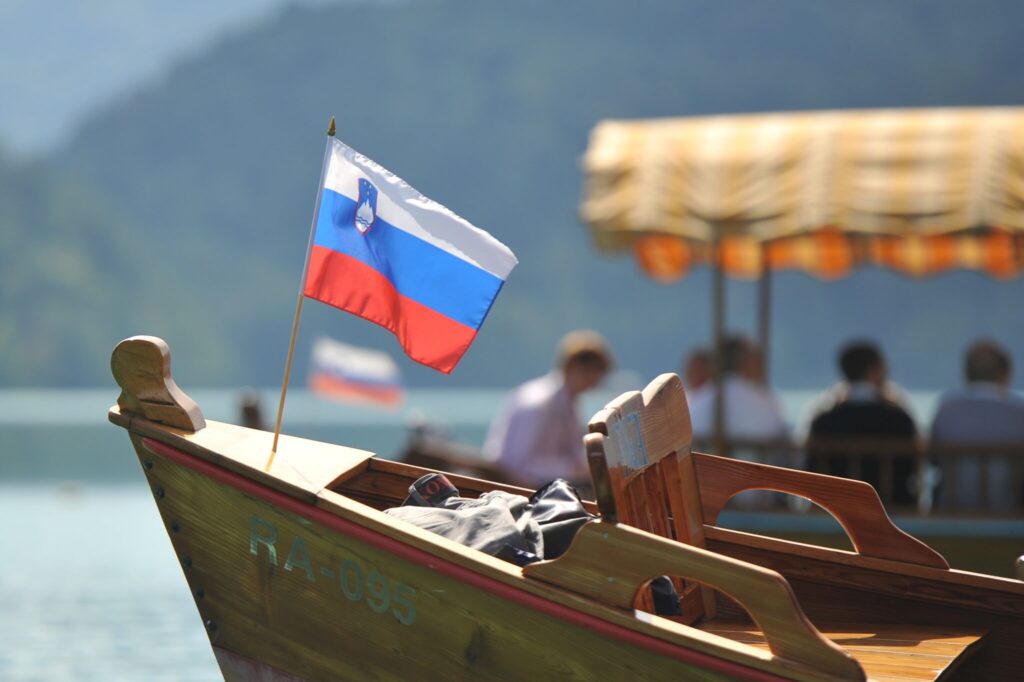In addition to enjoying greater freedom, Slovenia is also one of the countries where the level of happiness is higher than it was in the previous years. According to the World Happiness Report 2021, we ranked 26th in terms of happiness, while the average between the years 2017 and 2019 ranks us 30th.
The ninth World Happiness Report is different from the previous ones. COVID-19 has shaken up the entire world, either taking or reshaping lives. The main purpose of the research is to measure and use the subjective perception of well-being to track and explain the quality of life worldwide. COVID-19, however, somewhat jeopardised some of the indicators used in the World happiness report to assess the level of happiness in each country. But basically, they still use the Gallup World Poll for measuring the quality of life as the primary source for their research.
However, in this year’s study, they also used a number of other data to track the magnitude and distribution of the effects COVID-19 had on happiness worldwide. They also seek to reveal how geography, demography, and the spread of the virus have affected each country’s social and political foundations, particularly at the level of institutional and social confidence, which explain the international differences in the COVID-19 mortality rates.
The happiness rate indicator in each country is based on four factors. The first factor is the overall assessment of life in each country and the level of negative and positive emotions among the population. In the second phase, they tried to identify responses of individuals from different population groups on how COVID-19 has affected their lives. This is how they determined the effects of COVID-19 on the well-being of various individuals. In the third phase, they explored the links between trust and the welfare of the population. Trust and welfare of the population are very important for the overall well-being and have been proven to be a successful strategy in managing COVID-19.
Trust in the government and the goodwill of the measures are linked to a lower death toll
In the fourth phase, they examined how different characteristics of national, demographic, social and political structures combined with the implications of policy strategies and disease exposure to help explain international differences in COVID-19 mortality rates. The results showed the extent to which people trust their governments and the goodwill of others. Trust promotes not only their ability to stay happy before and during a pandemic but also reduces COVID-19 mortality rates. More effective strategies to limit the spread of the pandemic help maintain and build the sense of a common purpose.
According to the average national assessment of life, Denmark, the long-time champion in terms of happiness, has started to decline considerably. In last year’s survey, it landed in second place, and this year it has already dropped to third place. For the second year in a row, Finland is the home of the happiest people, and Iceland is in second place. Denmark is followed by Switzerland, the Netherlands and Sweden, while the people from African countries are the least happy. One of the major surprises of the happiness report this year was Croatia, which rose from 61st place to 23rd, compared to the previous year, thus even overtaking Slovenia.
In 2020, Slovenia advanced by as much as four places in terms of the happiness level
Slovenia ranks 26th in terms of quality of life. The situation has greatly improved compared to previous years, given that we were in 30th place in terms of luck between 2017 and 2019.
If we compare the data on happiness in the last three years, Slovenia lands in 29th place, which further confirms the fact that it made the most progress in 2020. The happiness indicator in Slovenia is slightly lower due to the lower GDP, and it is also reduced by the very low rate of generosity and perception of corruption. The indicator of happiness in Slovenia is increased by social inclusion (welfare), a long and healthy average life expectancy and a fairly high level of free choice in life.
Sara Rančigaj


